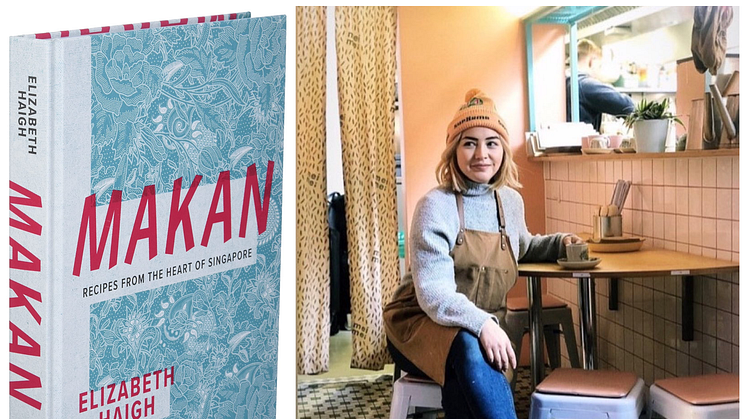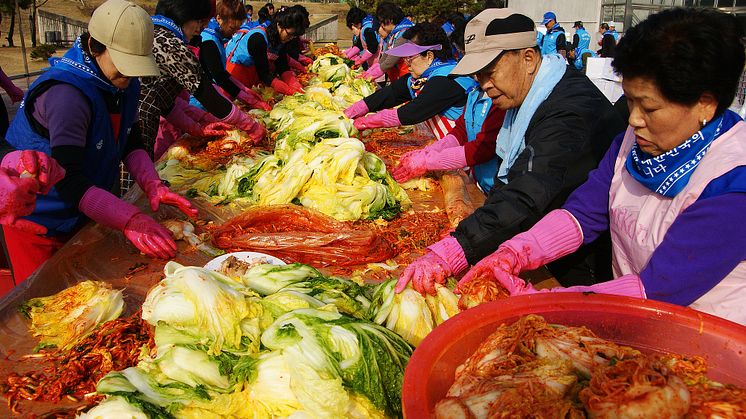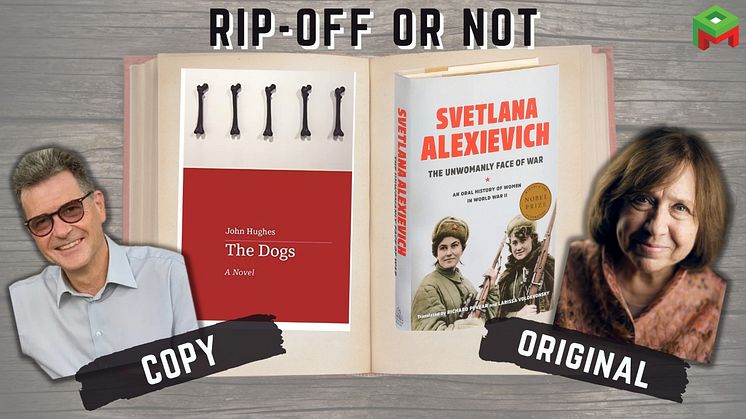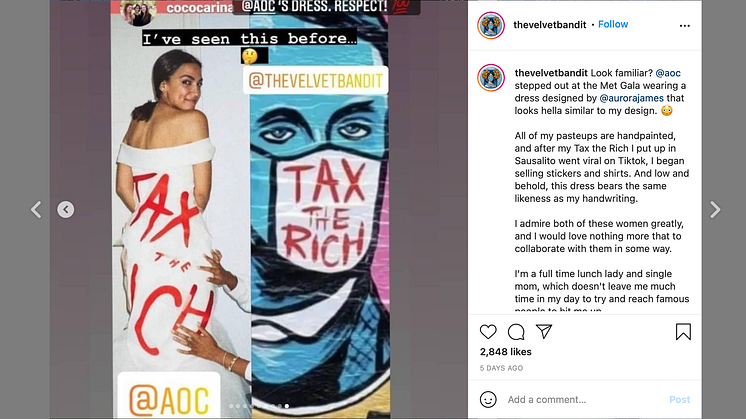
News -
Food writers appalled by chef Elizabeth Haigh’s alleged plagiarism in her debut cookbook
Makan means “to eat” in Malay, and as the title of a cookbook featuring Southeast Asian cuisine, it’s pretty perfect. So it’s not surprising that London-based chef Elizabeth Haigh – who was born in Singapore and whose mother is Chinese Singaporean – named her first cookbook Makan.
When it arrived in bookstores earlier this year, “Makan was billed as something of a culmination of Haigh’s ascent, first being head chef at Hackney restaurant Pidgin when it earned a Michelin star, and then for her own interpretation of a Singaporean kopitiam [or coffee shop] at Mei Mei, in Borough Market”, as Eater put it.
However, Haigh is now facing claims that she plagiarised several food writers in this book. Sharon Wee, the author of the cookbook Growing Up in a Nyonya Kitchen (published in 2012), says that several recipes and anecdotes from her book are almost identical to sections in Haigh’s book.
Others who have spoken up about Haigh's book include Malaysian food blogger Low Bee Yinn, who runs Rasa Malaysia; spice company Anthony The Spice Maker; and Singaporean cookbook author and cooking instructor Christopher Tan.
Makan’s publisher, Bloomsbury, has since withdrawn the title from circulation. As Eater reports, several East and South East Asian food writers, cookbook authors, and recipe developers have reacted to the plagiarism allegations “with a sense of betrayal”, as they had previously lauded her efforts to increase the profile of Southeast Asian cuisine in the UK. Many have been particularly appalled by the copying of not just recipes, but also personal memories.
Sadly, as Christopher Tan highlighted in an Instagram post about the whole affair, IP theft is not uncommon in food publishing. “I have been the victim of IP theft a few times over the years,” he writes, citing an instance where recipe handouts from his cooking classes were reproduced and distributed without permission. “I share these incidents to point out that IP disrespect, if not outright theft, is a perennial problem we in F&B publishing have to deal with.”
PitchMark helps innovators deter idea theft, so that clients get the idea but not take it. To find more about our services, visit PitchMark.net and register for free as a PitchMark member today.





